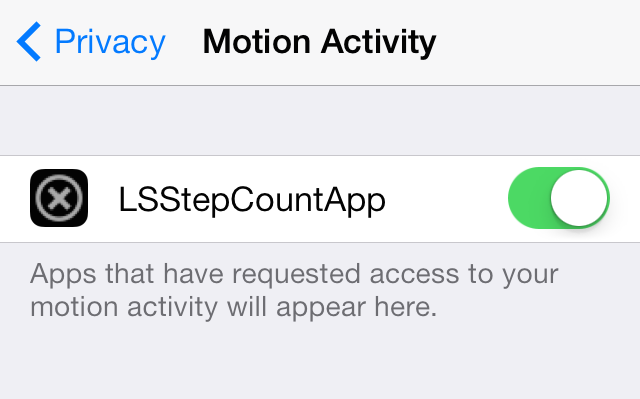In this article we will see how we can get modal widget property the QCalendarWidget. In order to do this we use isModal method, this property holds whether the calendar is a modal widget. This property only makes sense for windows. A modal widget prevents widgets in all other windows from getting any input. By default, this property is false.
In order to do this we will use
isModalmethod with the QCalendarWidget object.Syntax : calendar.isModal()
Argument : It takes no argument
Return : It return bool
Below is the implementation
Python3
# importing libraries from PyQt5.QtWidgets import * from PyQt5 import QtCore, QtGui from PyQt5.QtGui import * from PyQt5.QtCore import * import sys class Window(QMainWindow): def __init__(self): super().__init__() # setting title self.setWindowTitle("Python ") # setting geometry self.setGeometry(100, 100, 650, 400) # calling method self.UiComponents() # showing all the widgets self.show() # method for components def UiComponents(self): # creating a QCalendarWidget object self.calendar = QCalendarWidget(self) # setting geometry to the calendar self.calendar.setGeometry(50, 10, 400, 250) # setting cursor self.calendar.setCursor(Qt.PointingHandCursor) # creating label to show the properties self.label = QLabel(self) # setting geometry to the label self.label.setGeometry(100, 280, 250, 60) # making label multi line self.label.setWordWrap(True) # checking if the calendar is modal value = self.calendar.isModal() # setting text to the label self.label.setText("Modal Calendar : " + str(value)) # create pyqt5 app App = QApplication(sys.argv) # create the instance of our Window window = Window() # start the app sys.exit(App.exec()) |
Output:


